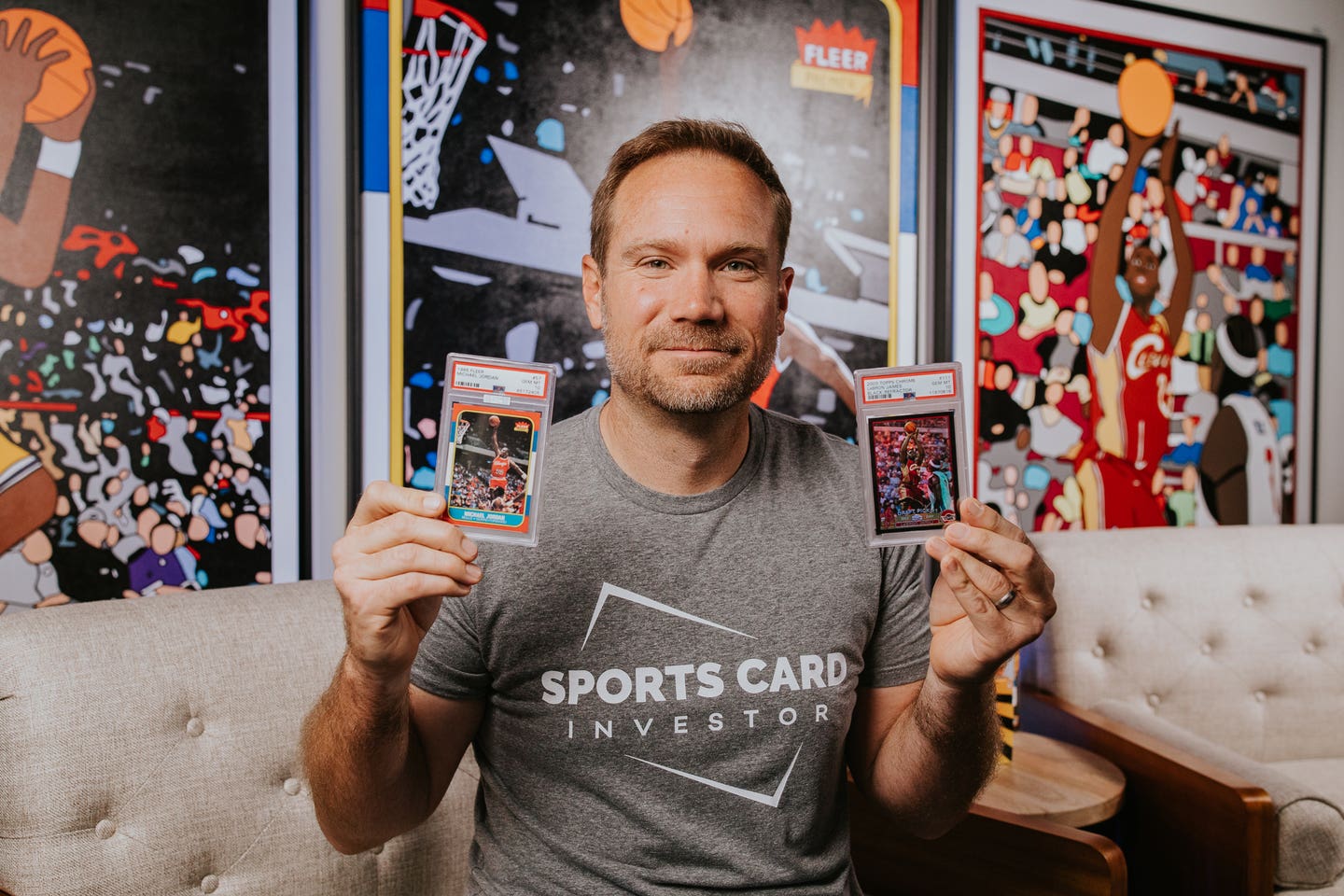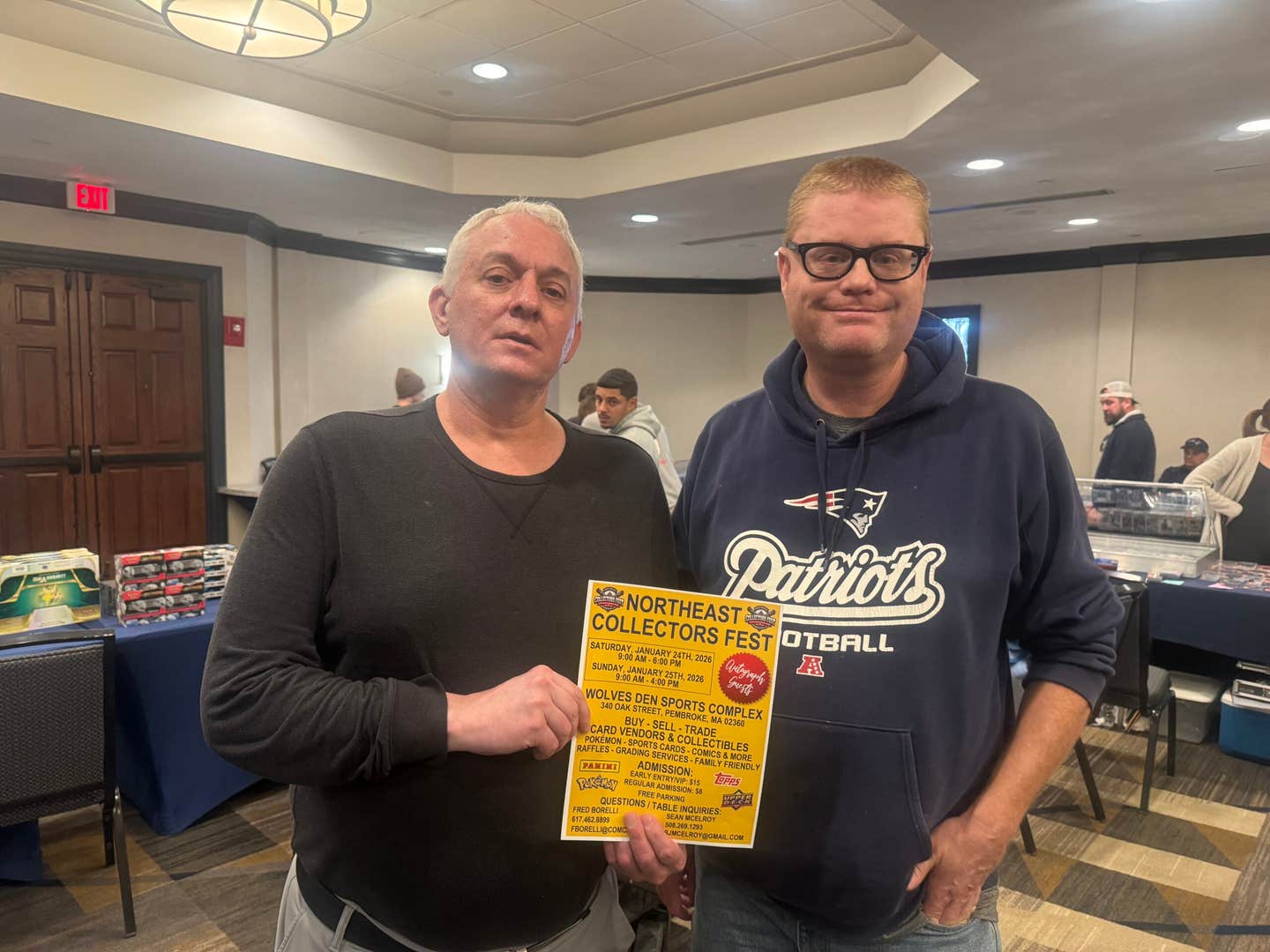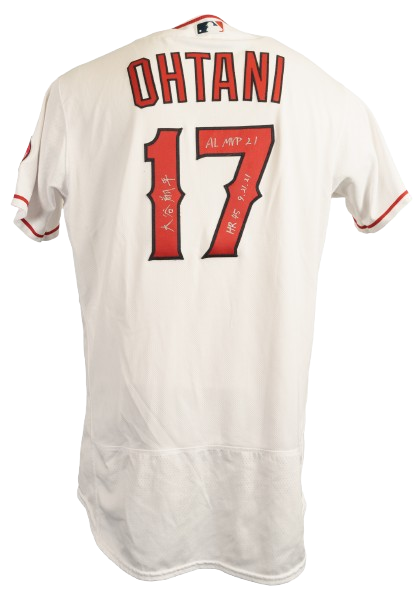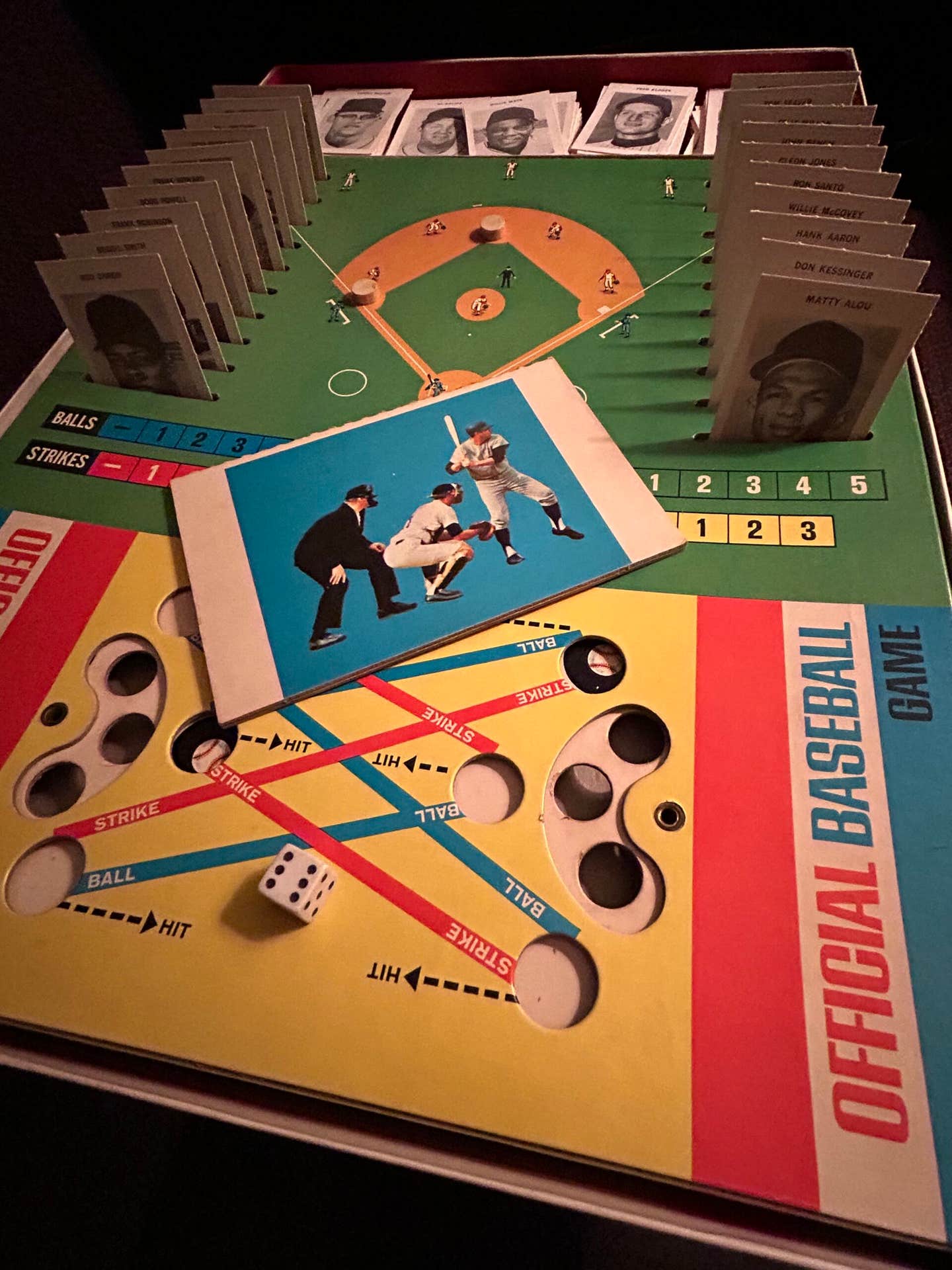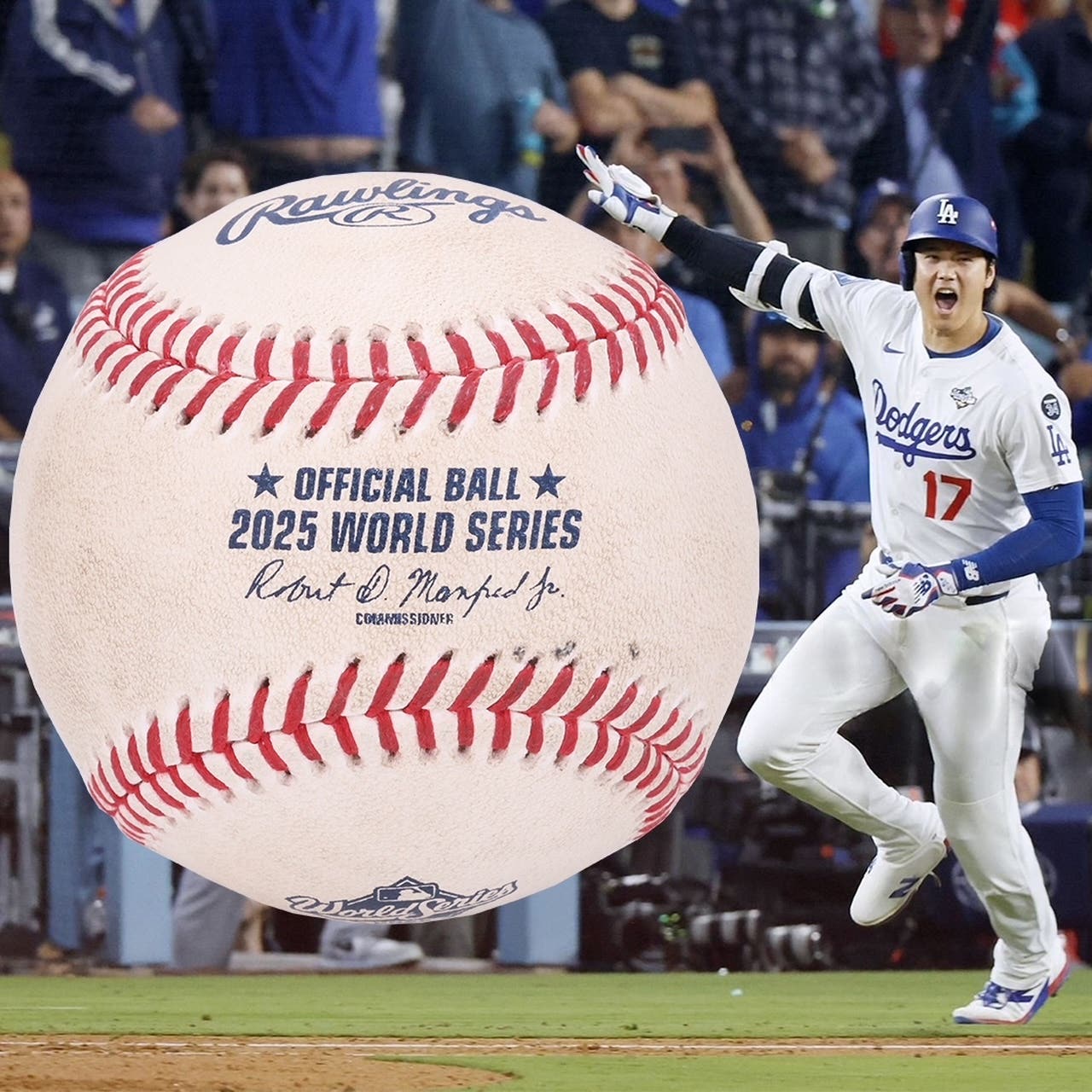Memorabilia
Selling your collection can be traumatic …
I got a call the other day from what I would describe as a casual collector wanting my advice about how to dispose of his cards. I generally like to help people all I can in situations like that, but the limitations on what I can do are profound.
Back in the early days of the hobby in the 1980s – I know the hobby easily predates that but I am talking about the modern era – we used to run articles in Sports Collectors Digest and even more typically in Baseball Cards magazine outlining just that kind of information. But as the hobby evolved, the use of that kind of feature eased somewhat as card collecting got more complicated and later yielded much of the editorial space to questions surrounding memorabilia, which was largely overlooked and decidedly undervalued in 1981.
The calls I typically receive are from older collectors, many of whom bought cards in the 1970s and 1980s and bought them in the fashion of the period, which is to say they got the best-condition card they could afford on usually limited budgets.
A decent-enough strategy under the circumstances – hell, it’s the one I used when I was frantically buying 1950s-60s cards during that same period – but it’s not necessarily the best course if you’re purchasing the cards as an investment.
Thus, when many collectors confront the moment when they have/want to sell their treasures, it can be dispiriting to find that the prices offered can be a lot less than what people might have expected.
I am not suggesting there are villains here, merely noting that after a couple of decades or more of tracking card values through any number of price guides, collectors often find themselves disappointed when it comes time to liquidate.
The short answer is that moving collector-grade cards can be a difficult prospect, in large part because dealers often have a good supply of same already on hand. The expansion of the hobby into third-party grading and slabbing was a godsend at the time it appeared, but like everything else there were/are drawbacks, and one of them is that the emphasis on pristine, high-grade material often pushes the next rung down even father from center stage.
The most-savvy collectors often understand this, but that’s not always who calls me about advice.
Which is why the seemingly hackneyed truism from the earliest days of the hobby still hold water: buy stuff that you really enjoy so that the decisions about whether to keep it or not are based on something other than the price index.



